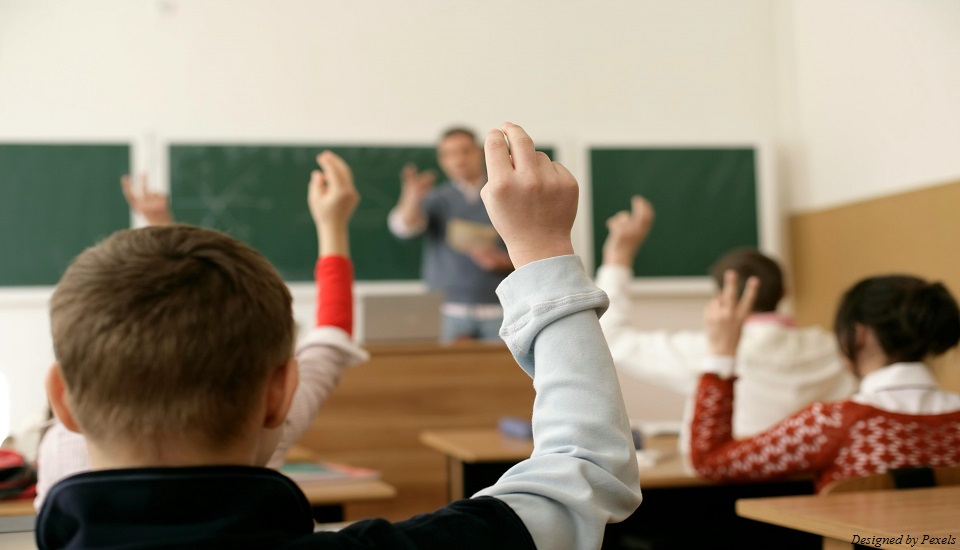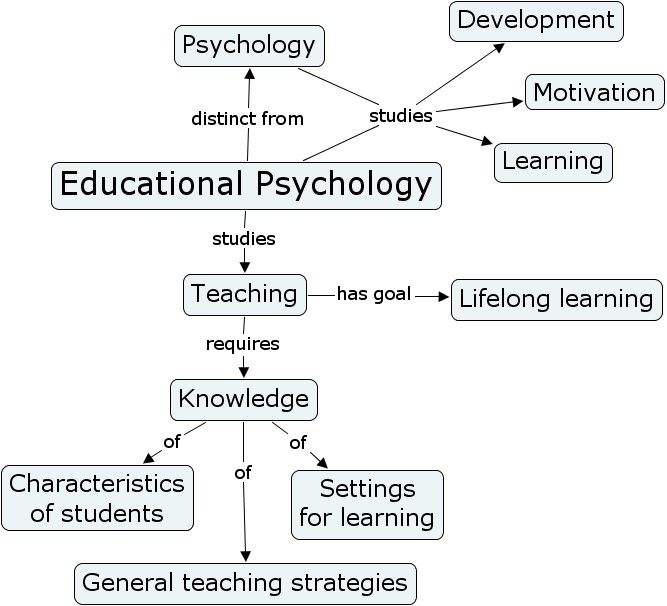
Educational Psychology: How It Makes Teaching and Learning Better
16th April 2025
Have you ever wondered why some kids learn fast while others need more time? Or why do certain students love working in groups while others prefer to work by themselves? The answer often comes from the concept of educational psychology.
Did you know? More than 70% of student success is related to the quality of teaching and the teacher’s understanding of how students learn.
Educators who have completed the Online Teaching and Education Master's Degree Programs believe that educational psychology helps them understand how students think, feel, act, and grow. Simply put, it makes teaching work better and makes learning more fun- for both students and teachers.
4 Ways Educational Psychology Helps in the Classroom
Let's look at how understanding the importance of psychology makes a big difference in your classrooms:
1. Keeps Students Interested and Ready to Learn
Every teacher wants students who are excited to learn. However, not all students feel this way naturally. Some get bored quickly or find it hard to pay attention. On, the other hand, some students work harder when they get praise. Others like rewards such as stickers or extra playtime. Some enjoy working with friends or studying topics they really like. So, when you understand what gets your students excited, you can:
- Create more interesting lessons.
- Let students choose between different activities.
- Use small rewards to build interest.
- Connect lessons to real life.
For example, if a student loves dinosaurs, you can use dinosaur examples during math problems. These personal touches can help a lot.
2. Makes Learning Easier to Understand
Sometimes even intelligent students have trouble remembering what they learned. Teachers with an M.Ed. in Teaching Technology claim understanding the psychology of learning helps to:
- Break big lessons into small, easy steps.
- Use pictures, videos, and stories to explain ideas.
- Say important things more than once so students remember them.
One helpful idea can be 'chunking.' This approach lets you divide big lessons into smaller pieces. For instance, instead of teaching all multiplication tables at once, a teacher might start with just the 2's and 5's. This makes learning less stressful and works better.
3. Helps Teachers Handle Classroom Behavior
Be assured that all teachers deal with behavior problems- from students talking when they should not to not finishing their homework. Educational psychology gives teachers tools to handle these issues without yelling or punishing them. Instead of focusing on bad behavior, psychology suggests positive reinforcement, that is, rewarding good behavior so it happens more often. For example:
- Saying 'Thanks for raising your hand' instead of 'Stop shouting out answers.'
- Giving points or compliments for teamwork and trying hard.
- Setting clear rules so students know what to do.
Psychology also helps you stay calm and patient while still being firm. Moreover, you create a more peaceful classroom where everyone respects each other.
4. Supports Children Who Learn in Different Ways
You are already aware that some children learn differently from others. They might have learning challenges like learning disabilities, ADHD, or autism. When you get a clear idea about these learning challenges, you are able to support your students better. For example:
- Offer shorter tasks and allow movement breaks to support students with ADHD.
- Allow a student with dyslexia some extra time to read or use audiobooks.
- Ensure that a student with autism has access to pictures and regular routines.
With help from psychology, you learn that being different does not mean being less able. You learn the teaching skills that let every child feel included and succeed.

Psychology Helps Teachers Reflect and Improve
Know that as a teacher, you do not just provide knowledge. You learn at the same time. Educational psychology helps you think about your teaching techniques and keep on improving each day.
You think about:
- What worked well in class and what did not?
- Which students had trouble and why?
- How feelings or the classroom setup affect learning.
You realize to handle stress, avoid getting burned out, and build better relationships with students. This constant learning helps teachers stay excited and purposeful about their work.
Everyday Examples of Psychology in Teaching
Maybe you are already using psychology tactics in your teaching practices. You might not notice it, but classroom psychology shows up in many simple things you do every day. Here are some examples:
- Putting chatty students with quiet ones to balance the energy.
- Letting shy students write answers before saying them out loud.
- Having a quick stretch break after sitting for 20 minutes.
- Using interesting stories and questions to start lessons.
- Noticing when a student seems sad and offering support.
These small actions come from understanding psychology- and they make learning smoother, more meaningful, and more personal.
Bottom Line
Educators who pursued Masters of Educational Leadership Online know that when teachers use psychology, education becomes about more than just books and tests. It becomes about growth, confidence, and finding joy in learning. Students learn quickly, think creatively, or need much help. So, are you ready to apply student learning psychology in your classrooms? If you already use it without knowing, it is time to know it better and apply it in your regular teaching routine.
We believe education should be accessible for everyone. That’s why we don’t charge for our blogs. Find the right course that will help you in your career with us, contact us at +6621056101. You can mail us at act@asiancollegeofteachers.com.
Written By : Victoria Lewis




